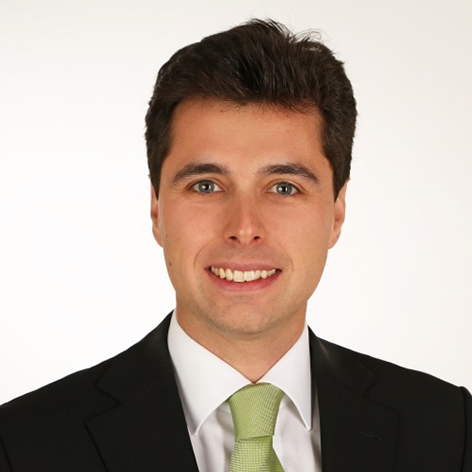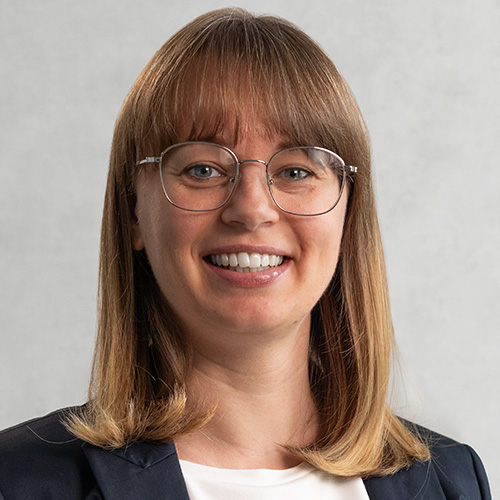Formulation
Functional systems such as smart, sustainable textiles or packaging, inkjet inks and battery systems for electromobility are playing an increasingly important role in our everyday lives. An important step in the development of these products is the precise and careful formulation. Crucial in formulation development is the selection and coordination of the following components:
- the particle system
- the dispersing medium
- the process additives (e.g. wetting and dispersing additives, rheological additives)
Benefit from our extensive know-how in the field of formulation, both in the implementation of your ideas and requirements for formulations and in the selection of individual components. We will be happy to provide you with additional support in the form of material research tailored to your product. Another aspect is the long-term stabilisation of your suspensions or emulsions. Optimal dispersibility through the targeted use of process additives and improvement of material end properties through special particle functionalisation are our top priorities.
Precision in processing and analysis thanks to state-of-the-art technology
The competences of the EZD are complemented by a close exchange of experience with the application laboratories of equipment manufacturers. This ensures that the equipment in our laboratories is always state of the art.
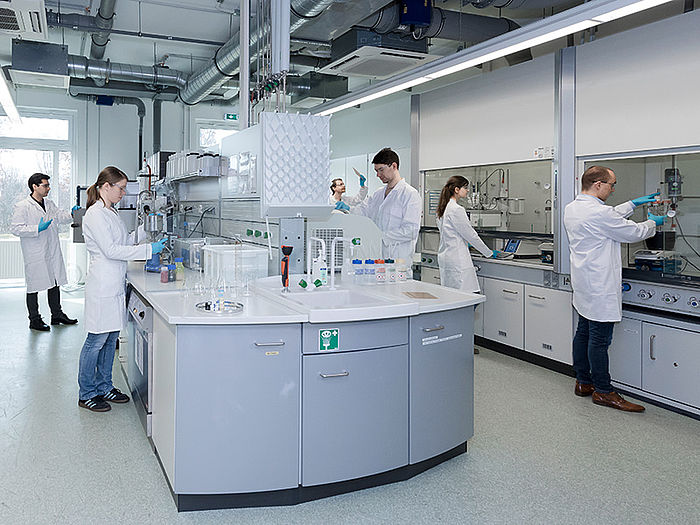
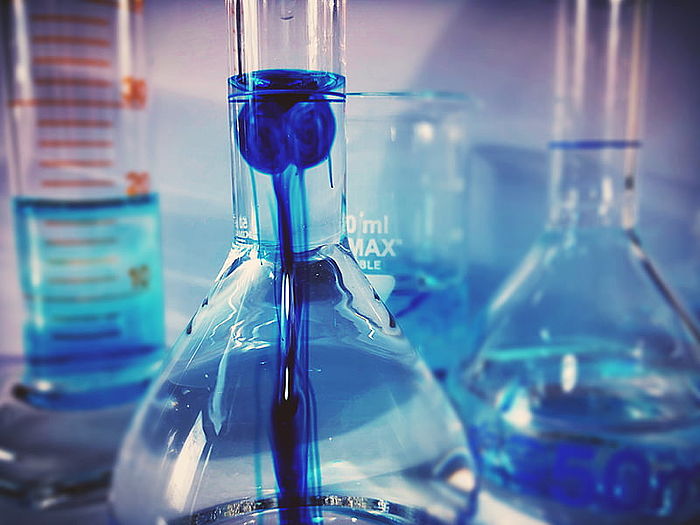
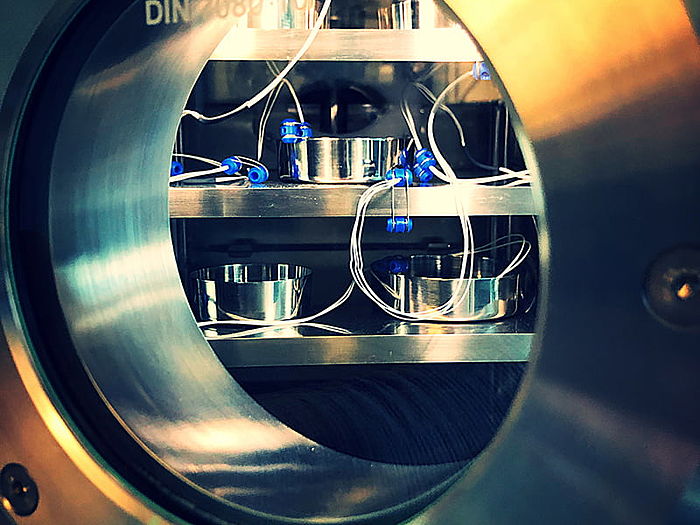
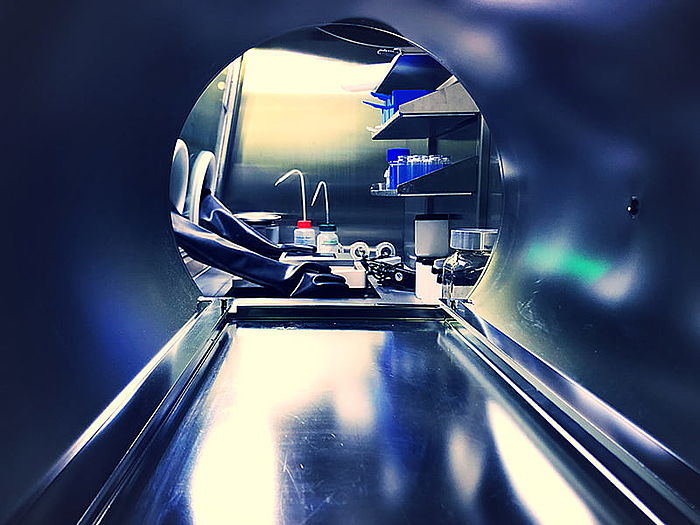
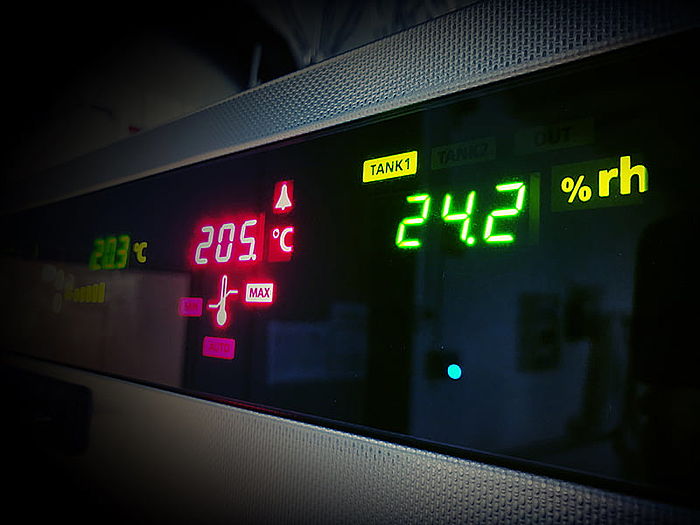
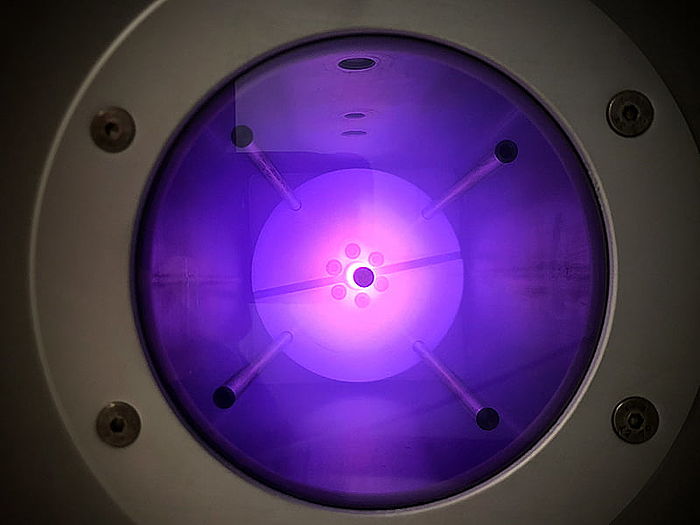
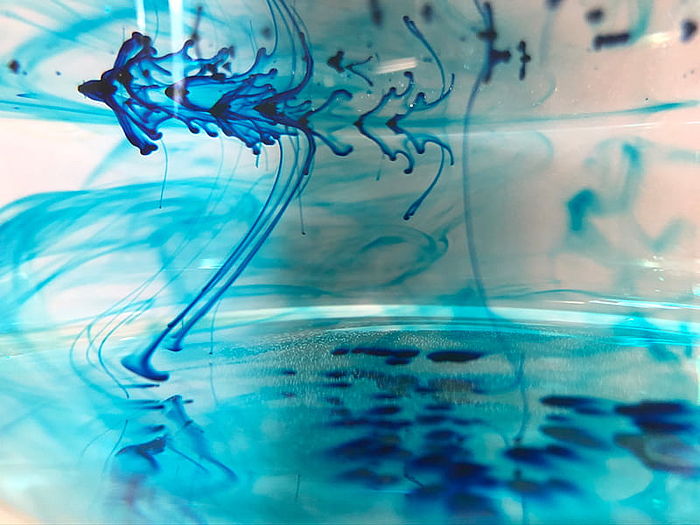
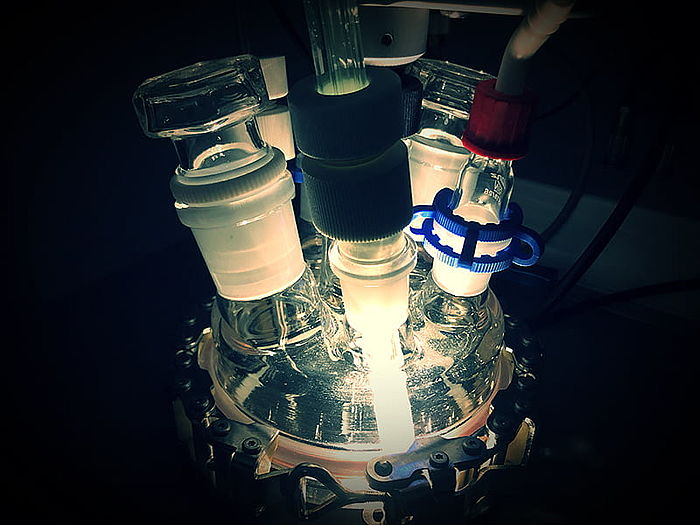
Technical equipment
Freeze-drying is a product-friendly method for drying organic or inorganic materials.
In particular, freeze drying is suitable for
- aqueous systems
- solvent-containing starting products
Freeze-drying of nanomaterials and polymer dispersions offers great potential.
Our freeze-drying offers
- the setting of the shelf temperature between -45 °C and +60 °C on four shelves
- a capacity of the ice condenser of 3.5 kg/24 h
- a capacity of the ice condenser of max. 6 kg
For the safe handling of nanoscale materials, the glovebox offers the following features for active personal protection
- airlock with rinsing function
- four Hepa 14 filters
- active negative pressure control by exhaust fan and control cabinet
- Speed control for setting the negative pressure
- Pneumatic front screen
The climatic test chamber offers
- storage of material samples under defined temperature and humidity conditions
- a simulation of enhanced natural conditions for artificial ageing
- long-term stability tests
- thermal cycling tests
and has
- a temperature range from 10 °C to 95 °C with humidity and
- or -42 °C to 190 °C without humidity.
- Humidity can be set between 10 and 98 % relative humidity (rh)
The use of a refrigerated centrifuge is particularly suitable for separation processes such as, for example, for
- Phase separation of stable emulsions
- Particle separation of highly stable micro- and nanosuspensions
For this purpose, the centrifugation process can be specially adapted to the required parameters of the system:
- Working temperature selectable between - 20 °C and + 60 °C
- Centrifugal forces up to 41,000 x g
- Parallel centrifugation of 6 x 40 mL
The use of a low-pressure plasma for powders and films can have a targeted influence on the surface properties. Typical areas of application for low-pressure plasma in powders and films include
- Etching
- Cleaning
- Activation
- Hydrophobising (using liquid precursors)
In this process, the surfaces of the material systems are treated with different plasmas between 20 and a maximum of 50 °C and a pressure between 0.1 - 1 mbar. The plasmas can be of the following types
- Air
- Nitrogen
- Oxygen
- Helium
By using low process temperatures, even thermally labile material systems can be treated by plasma without fear of decomposition.
High-temperature furnace
Applications
- Melting
- Sintering
- Carbonisation
Technical features
- Useful capacity: 10 litres
- Maximum melting or sintering temperature of 1,800 °C
- high temperature accuracy due to two-sided heating
- High-quality heating elements made of molybdenum disilicide
- connection for the introduction of protective gases (argon, nitrogen)
Ashing furnace
Applications
- Burning off
- Ashing
- Calcination
Technical features
- Useful capacity: 15 litres
- Maximum temperature of 1,100 °C
- Double-sided heating by ceramic heating plates
Universal ovens and vacuum drying ovens are used for curing and degassing resin systems or adhesive formulations as well as coating materials.
Universal ovens
Technical features
- Temperature control 20 °C to 300 °C (setting accuracy 0.1 K, from 100 °C 0.5 K)
- Adjustment of air movement in 10 % steps
Vacuum drying ovens
Technical features
- Temperature control between 20 and 200 °C (setting accuracy 0.5 K)
- Pressure control between 10 and 1100 mbar (setting accuracy 1 mbar)
- Operation with inert gas
The rotary evaporator is suitable
- for distilling off solvents
- for concentrating solutions
- for drying powders and granulates.
Different parameters can be selected:
- Heating bath temperature: 20 °C - 210 °C
- Rotation: 10 - 280 rpm
- Vacuum: 1 - 1,200 mbar
Application
- Production of powders and granulates by drying aqueous or solvent-containing solutions or suspensions
- Microencapsulation of active ingredients
- Spray solidification of wax or polymer melts into powder
Specifications
- Mini spray dryer B-290 (Büchi)
- Equipped with Inert Loop B-295 for operation with solvents
- (< 6 % O2 content) and dehumidifier
- Size of output particles: 1-25 µm
- Maximum inlet temperature: 220 °C
- Evaporator capacity: 1 l/h H2O, higher for organic solvents
- Three-substance nozzle, two-substance nozzle, ultrasonic nozzle
- Heating control: Control accuracy ± 2 °C
With the help of the automatable laboratory reactor, chemical syntheses can be controlled optimally and fully automatically. The following reactions are particularly suitable for this:
- Polymer syntheses (e.g. emulsion polymerisation)
- Nanoparticle syntheses (sol-gel process, precipitation reactions)
- Wet chemical particle modifications
The process can be specially adapted to customer requirements and automated by means of software. In particular, the following process steps can be influenced:
- Dosing
- Dispersion
- Tempering
- Temperature/pH control
Volumes up to a maximum of 1,000 mL and temperatures between 20 °C - 180 °C can be used.
Application
- Production of monodisperse microspheres and microcapsules
- Encapsulation of active ingredients and materials (active pharmaceutical ingredients; food additives and flavours; chemical products such as catalysts, UV absorbers, pigments)
- Spray solidification of wax or polymer melts
Specifications
- Encapsulator B-390 (Büchi)
- Single nozzle or core-shell nozzle with diameters from 80 µm to 1 mm
- Size of output particles: 80 - 4,000 µm
- Maximum nozzle temperature: 70 °C
- Use for research and development work on a laboratory scale
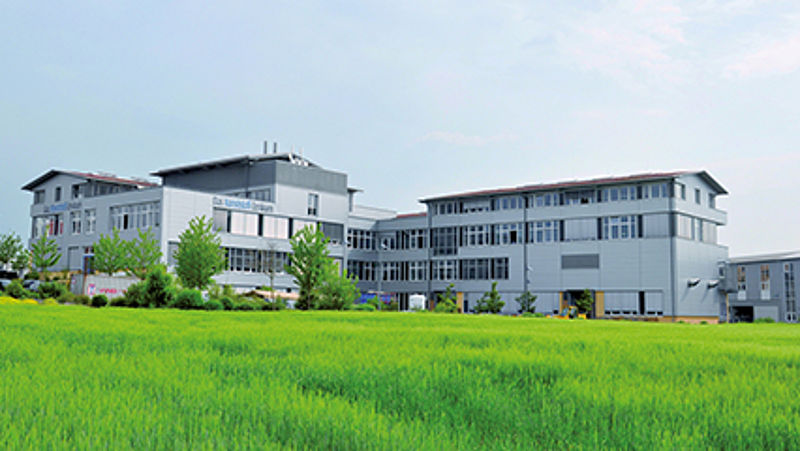
97076 Würzburg
Telefon: +49 931 4104-0
E-Mail: info@skz.de
Route berechnen
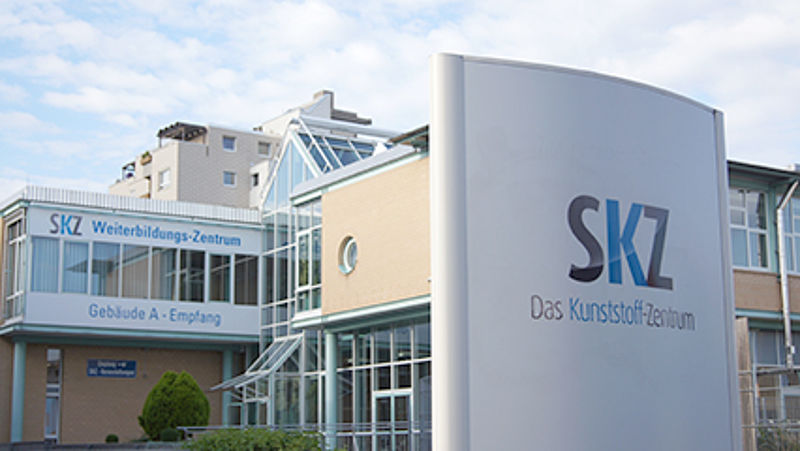
97082 Würzburg
Telefon: +49 931 4104-123
E-Mail: training@skz.de
Route berechnen
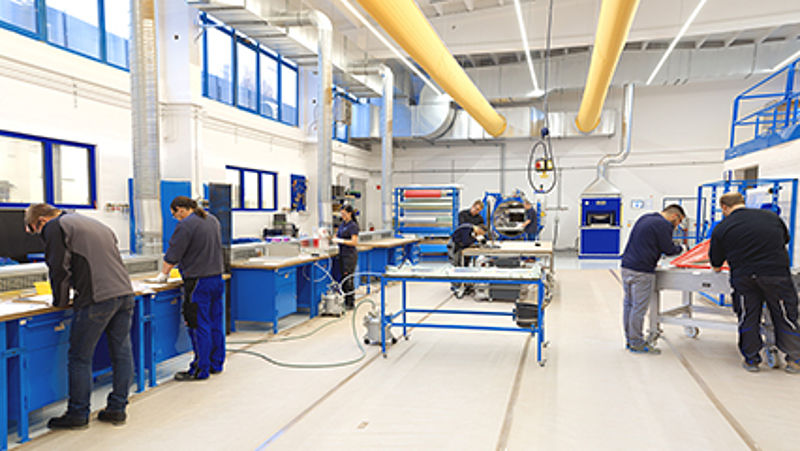
Köthener Str. 33a
06118 Halle (Saale)
Telefon: +49 345 53045-0
E-Mail: halle@skz.de
Route berechnen
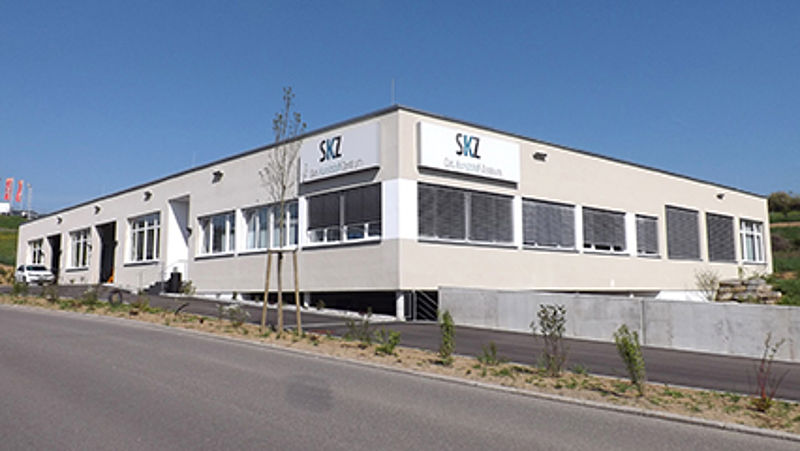
Rauher Grund 9
72160 Horb am Neckar
Telefon: +49 7451 62457-0
E-Mail: horb@skz.de
Route berechnen
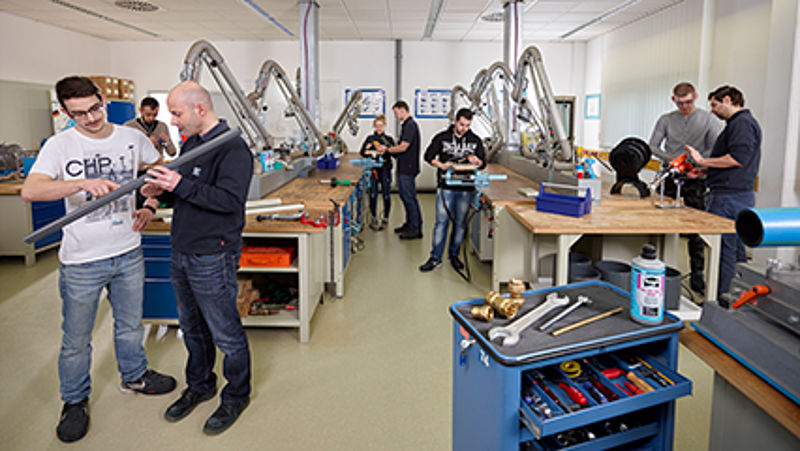
Woltorfer Str. 77, Halle G
31224 Peine
Telefon: +49 5171 48935
E-Mail: peine@skz.de
Route berechnen
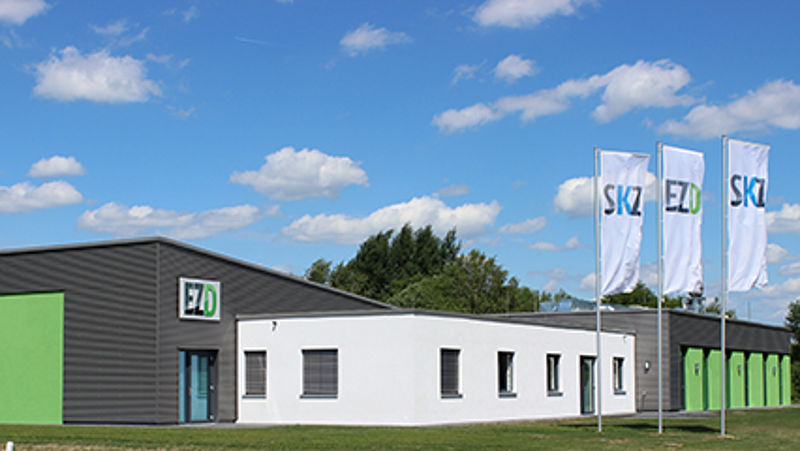
Weißenbacher Str. 86
95100 Selb
Telefon: +49 9287 99880-0
E-Mail: ezd@skz.de
Route berechnen
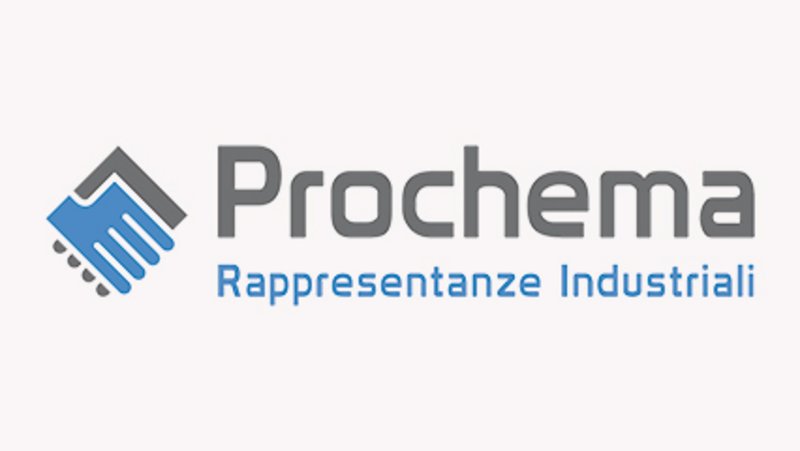
Via Buonarotti 175
20900 Monza, Italy
Telefon: +39 039 281561
E-Mail: info@prochema.it
Route berechnen
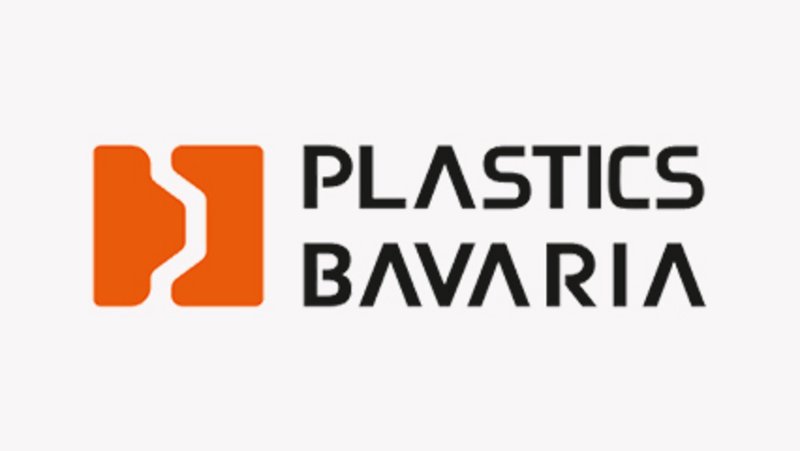
Str. Iancu Jianu, nr. 26
500178 Braşov, Romania
Telefon: +40 268 412 559
E-Mail: office@plastics-bavaria.ro
Route berechnen
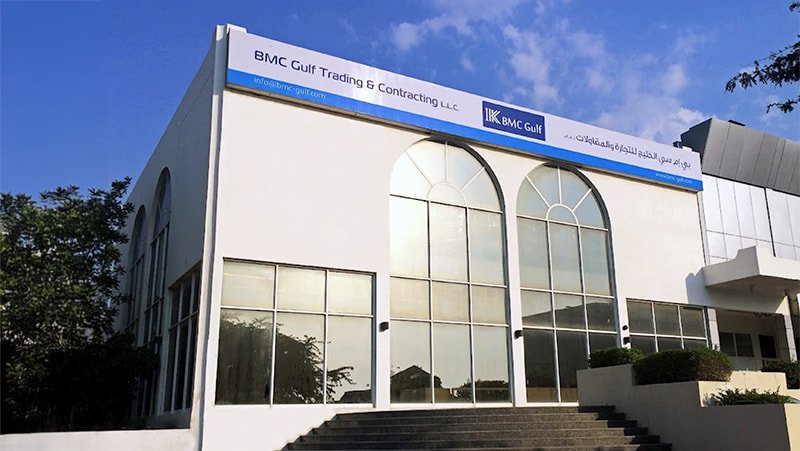
Muntazah Complex (Exit - 25)
Jebel Ali Village - Dubai (VAE)
Telefon: +971 4 8845001
E-Mail: info@skz-me.com
Route berechnen
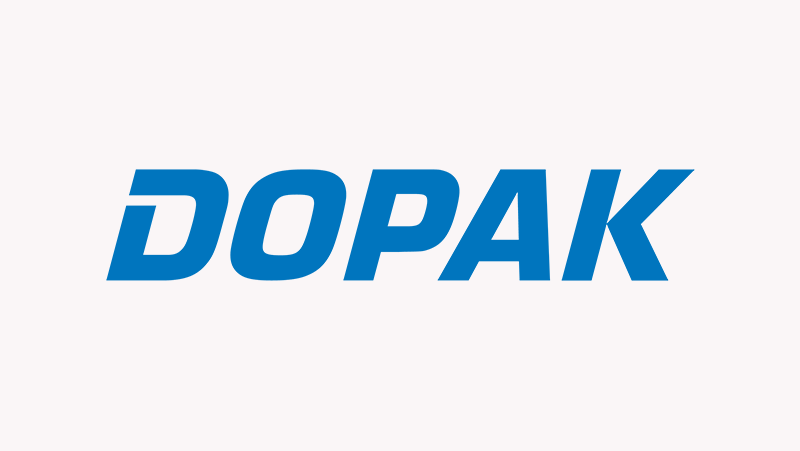
Ul. Kwiatkowskiego 5a
52-407 Breslau, Poland
Telefon: +48 71 35 84 000
E-Mail: dopak@dopak.pl
Route berechnen
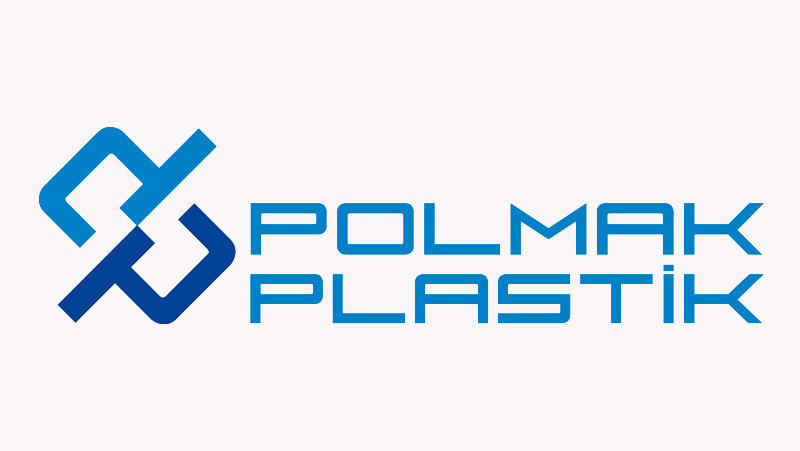
Ikitelli OSB Demirciler Sanayi Sitesi, E2 Blok No:420
34490 Başakşehir İstanbul | Turkey
Telefon: +902126718170
E-Mail: info@polmakplastik.com
Route berechnen
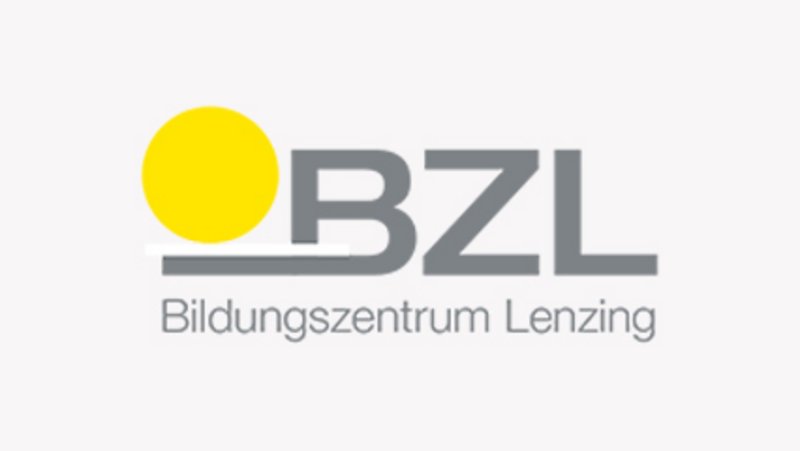

European Centre for Dispersion Technologies (EZD)
c/o SKZ – KFE gGmbH
Weißenbacher Str. 86
95100 Selb
Phone: +49 9287 99880-0
eMail: ezd@skz.de

